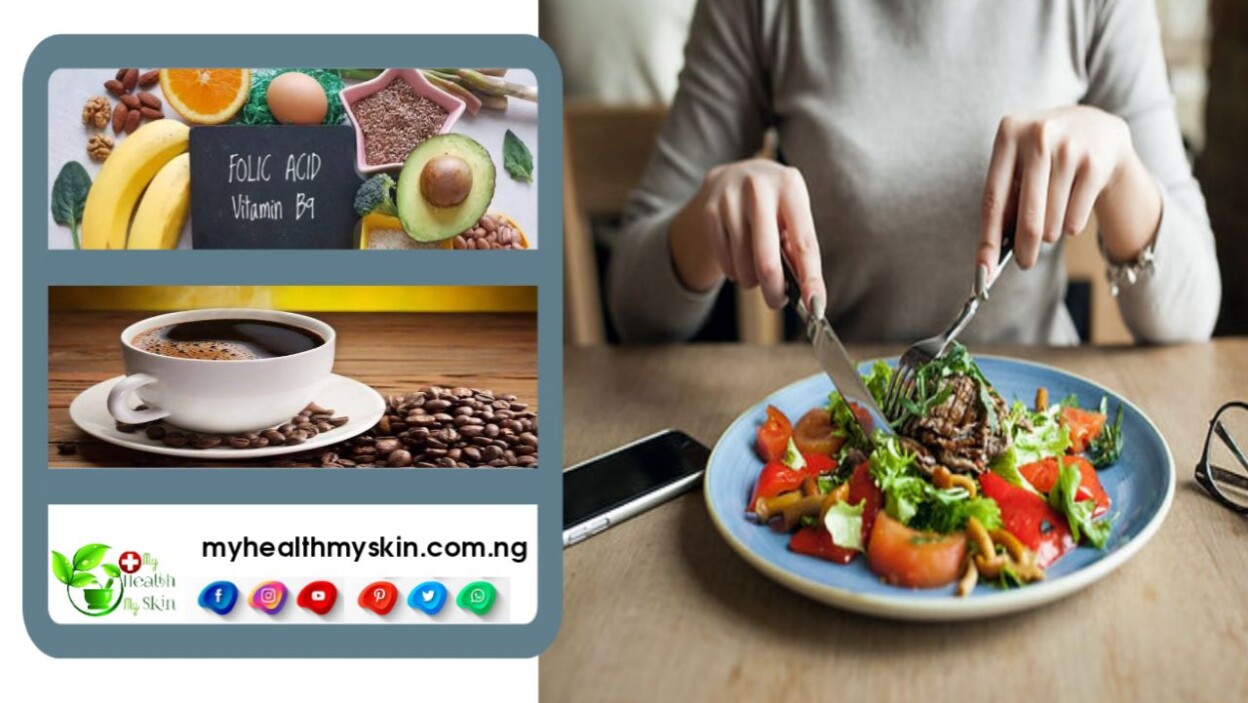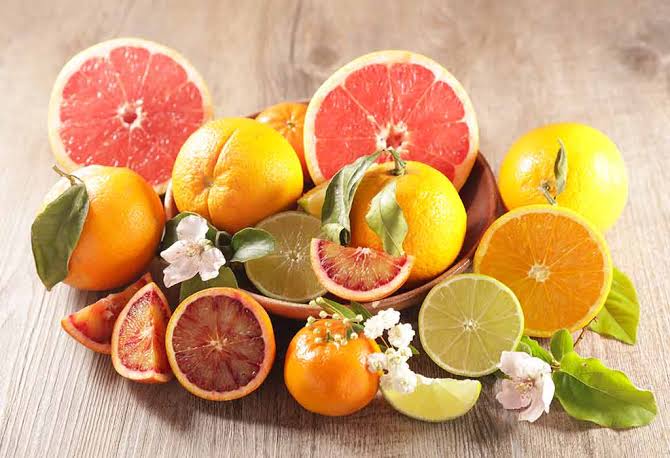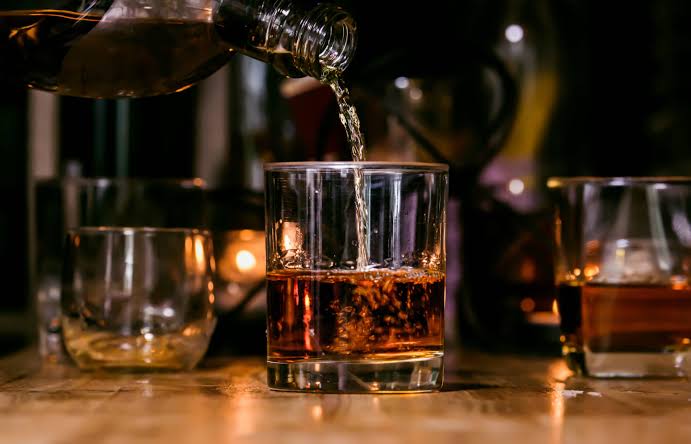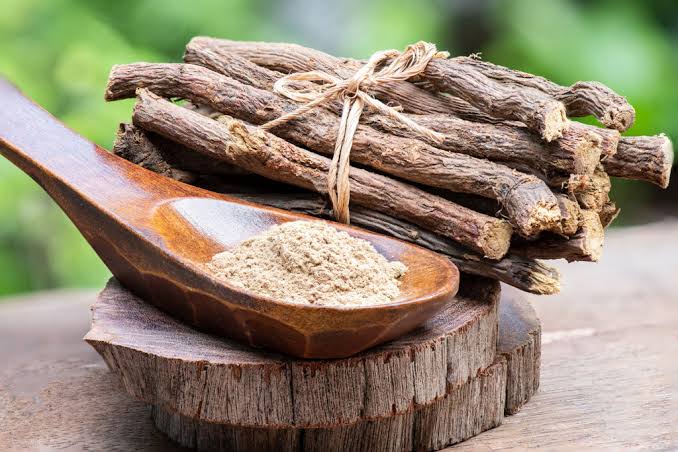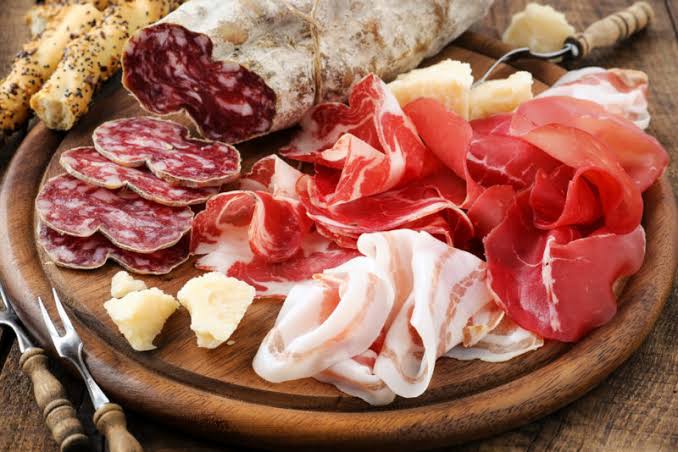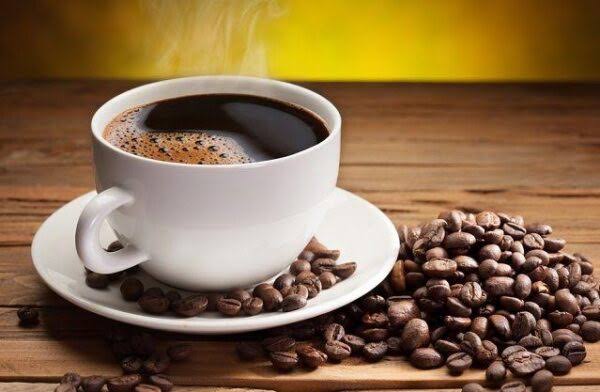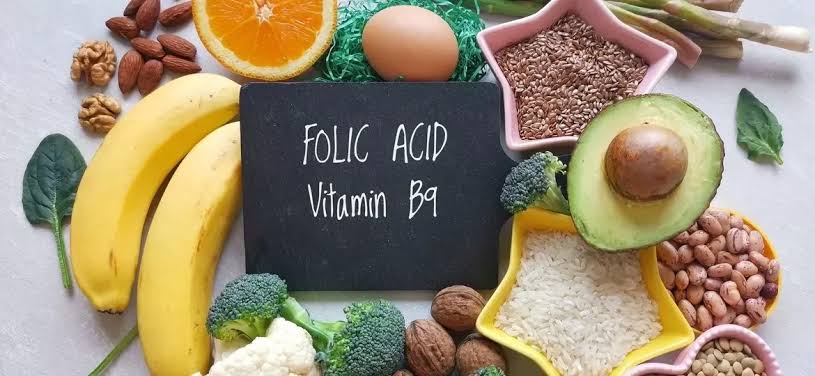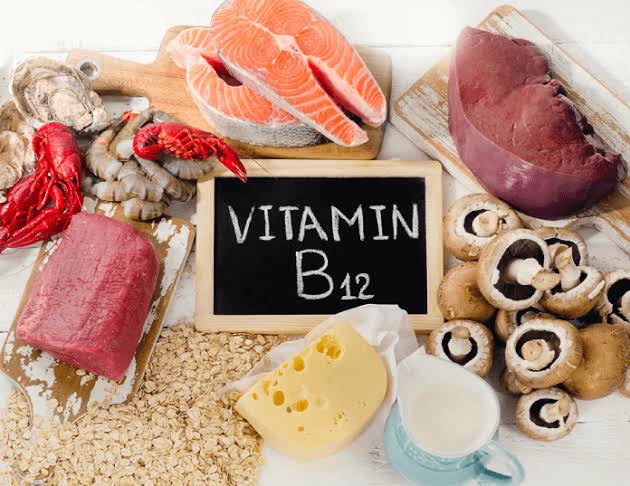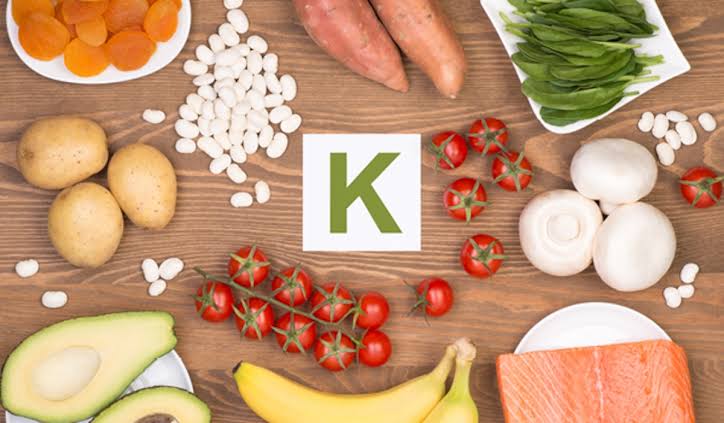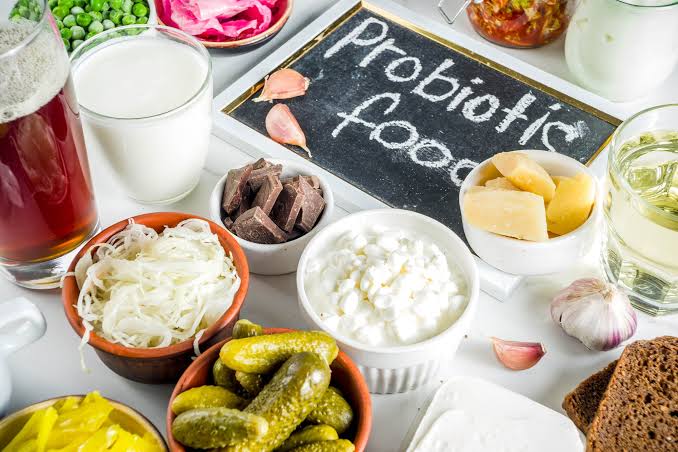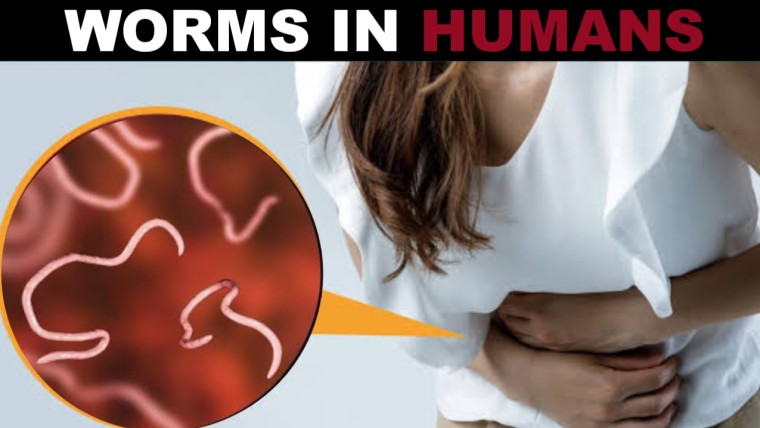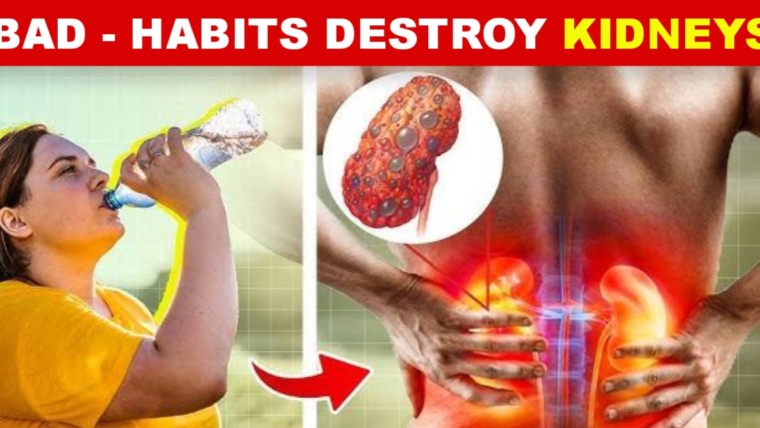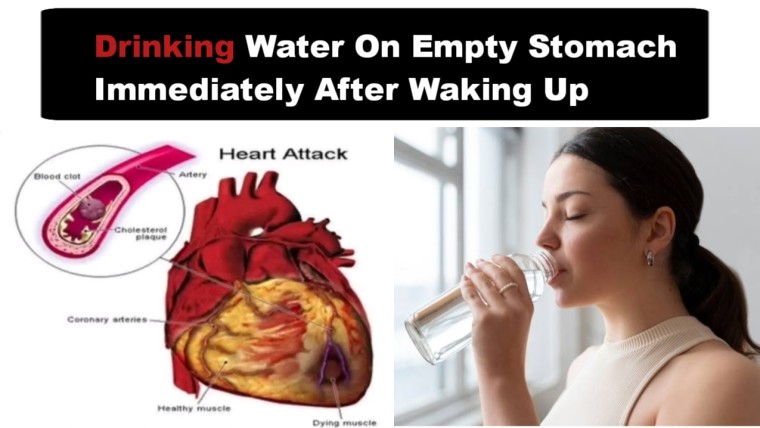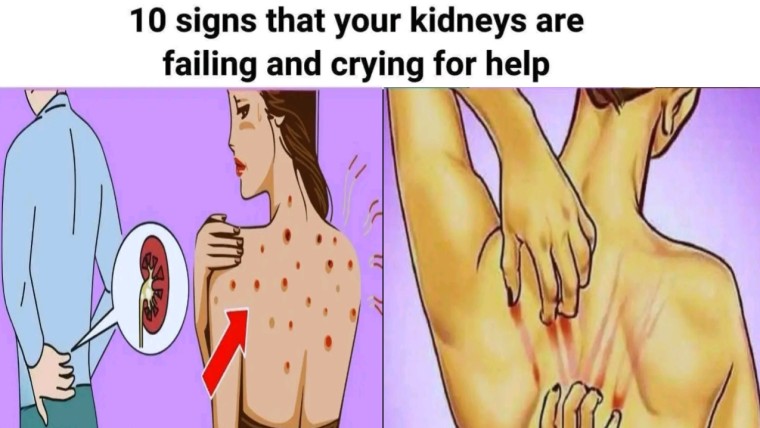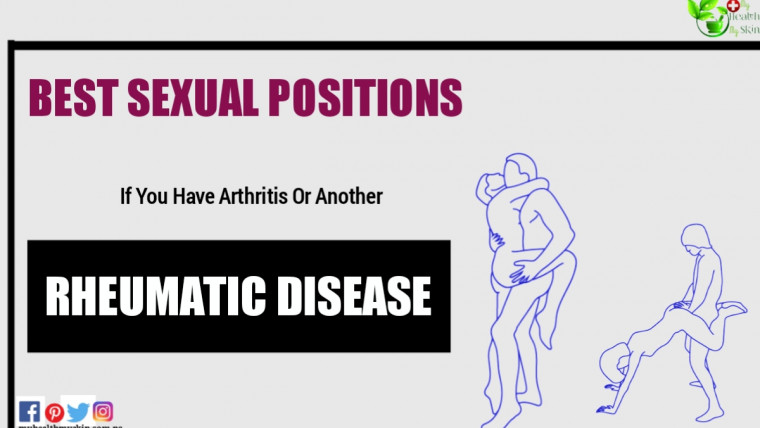Did you know that there are foods and drinks that can interact with some medications and harm the patient? This is because these foods and drinks can cause the effects of medications to be both increased and decreased.
Furthermore, there are also cases of medications that interfere with the absorption of nutrients, inducing nutritional deficiency.
In the case of the elderly, the damage is greater, as the functionality of different organs is reduced due to aging. Therefore, below is a list of foods and drinks you should never take while on drugs.
Foods and drinks you should never take while on drugs
Taking foods and drinks with certain types of medicines can affect the effects of these medicines, making them unable to achieve the desired effect or increasing the chance of causing side effects.
However, not all interactions are bad, as certain medications can even improve their absorption when taken with food, enhancing the therapeutic effect. Therefore, when starting a new medication or receiving long-term treatment, it is very important to follow all medical advice to ensure safe and effective treatment, including nutritional tips.
Antibiotics are medicines used to treat infections caused by bacteria and their role is to prevent the spread or death of disease-causing bacteria. When using antibiotics, be sure to take them with a glass of water, as dairy products, such as milk and dairy products, contain minerals such as calcium and magnesium, which make their absorption difficult and reduce their effectiveness. Additionally, supplements containing minerals should not be taken at the same time as drugs, and there should be at least 2 hours between drugs and supplements.
The human intestine contains millions of microorganisms, which can maintain the function of the digestive system and help the immune system fight infections. However, when taking antibiotics, these beneficial microorganisms are directly affected, which can cause nausea, diarrhea, bloating, indigestion, abdominal pain and loss of appetite. Because these symptoms are uncomfortable although short-lived, some measures can be taken to avoid them, such as eating certain foods. To help you, we’ve brought you a list of foods and drinks you should never take while on drugs.
Citrus fruit
Citrus fruits, especially grapefruit and bitter oranges can interfere with the use of more than 40 drugs, they increase bioavailability (absorbed amount of the drug in the bloodstream) by up to 5 times, which is harmful as, the dose may exceed the safe dose and become toxic. Therefore, you should avoid ingesting these fruits and their juices at intervals very close to those of medications (approximately 2 hours).
It should not be consumed with anticonvulsants, psychotherapeutic drugs, iron and sodium serums, felodipine (hypertension control), midazolam (sleep inducer) and cyclosporine (immunosuppressant).
Alcoholic beverages (ethanol)
Alcohol intake can induce both a delay and an acceleration of the metabolism of a drug, that is, the transformation from its active form to its inactive form.
When acute alcohol intake occurs, the consequence is a slowdown in metabolism; chronically, acceleration.
Furthermore, an additive effect may occur with the adverse effects of the medicine making them stronger, for example nausea, dizziness, confusion and drowsiness. These factors increase the risk of falls.
These characteristics of the use of alcohol together with medications are worrying, especially for the elderly, as they often treat more than one illness with several drugs and have a slower metabolism.
Do not drink alcohol with: antidepressants, antipyretics (paracetamol), analgesics, tranquilizers, antipsychotics, acetylsalicylic acid (aspirin), anticoagulants (warfarin) and anticonvulsants.
Licorice (sweet root)
Both its extract and tea contain components that can interfere with several drugs, including antihypertensives and antiarrhythmics. In fact, even consuming licorice in doses greater than 50 mg can generate unwanted effects such as increased blood pressure.
Foods rich in tyramine
These are fermented (aged) cheeses, dried and very ripe fruits, red wine, beer, aged meats (salami) and homemade or yeast-rich breads. Such foods interact dangerously with MAOIs (monoamine oxidase inhibitors), antidepressants used in people resistant to other treatments, and generate a serious hypertensive crisis.
Caffeine
Present in coffee, tea, chocolate and some soft drinks, it reduces the absorption of many medications and may interfere with treatment, as it reduces the therapeutic effects. Do not take with these foods: diazepam (calming agent), nortriptyline (antidepressant) and pentoxifylline (vasodilator), etc.
Furthermore, consuming caffeine concomitantly with theophylline (a bronchodilator) may increase the risk of toxicity. Roasted coffee beans are the richest source of caffeine, with a 150ml cup containing 103 mg of caffeine, enough to cause significant interactions.
You may also be interested in:
The 10 Foods and Natural Remedies That Eliminate Persistent H. Pylori
Food That Kills Sperm In The Female Body
What to eat?
Eat more foods rich in folic acid
Bacteria in the intestines also produce folic acid. Therefore, after antibiotic treatment, it is important to add some nutrient-rich foods to the diet. Folic acid is important for muscles, brain and eyes.
It is also essential for the normal development of red blood cells. Additionally, it also helps prevent ovarian and colon cancer, as well as heart disease and stroke. Its main sources are spinach, beets, peanuts and green leafy vegetables.
Eat foods rich in vitamin B12
Vitamin B12 is necessary for the normal development of red blood cells and a lack of it can lead to anemia. It is produced in part by healthy gut bacteria, so it should be increased during antibiotic treatment. The best sources are fish, especially salmon, as well as red meat and dairy products.
Consume foods rich in vitamin K
Vitamin K is an important nutrient for blood clotting, wound healing and bone health. The adequate daily intake of vitamin K is 90 micrograms for women and 120 micrograms for men. However, antibiotics can destroy the bacteria that produce vitamin K. This means you should increase your intake during antibiotic treatment. Choose dark green leafy vegetables that contain lots of antioxidants and phytonutrients.
Eat more probiotic foods
Staying healthy during antibiotic treatment is more than just reducing your sugar and gluten intake. You should add certain things to your diet, with a focus on probiotics. For example, if you are sensitive to dairy products, you can choose kefir, which is rich in probiotics. You can also take probiotic supplements, since the ideal dose of around 5 billion is difficult to obtain from food.
Medications
- Antibiotics: avoid administration with milk and its derivatives, as complexes are formed that prevent the absorption of these medications. Furthermore, the indications for antibiotics vary from one to the other, in relation to their intake and whether or not they should be associated with meals. For example, taking azithromycin with food reduces its absorption by 43%, while amoxicillin shows no changes in absorption. In this context, we recommend reading the leaflet and talking to a healthcare professional for more information.
- Antacids: alter the absorption of iron, calcium and vitamin B12. These nutrients are very important for the elderly, especially calcium, which is essential for bone maintenance and prevention of osteoporosis.
- Warfarin (anti-thrombotic): presents reactions with various foods and medications. Diets rich in vitamin K, present in dark green vegetables (broccoli, kale, spinach, parsley, Brussels sprouts, etc.), or sudden changes in its amount, can create complications and interfere with therapy
- Antiulcers: some of them cause the loss of essential nutrients. Among them are omeprazole and ranitidine which reduce the absorption of vitamin B12 (found in foods of animal origin) and aluminum hydroxide which reduces the absorption of iron (Fe). Therefore, it is recommended to consume these medications at times other than meals.
If you want to read more articles similar to foods and drinks you should never take while on drugs. We recommend you visit our Physical & Mental Health category. Share on your social networks and stay tuned for upcoming articles.

